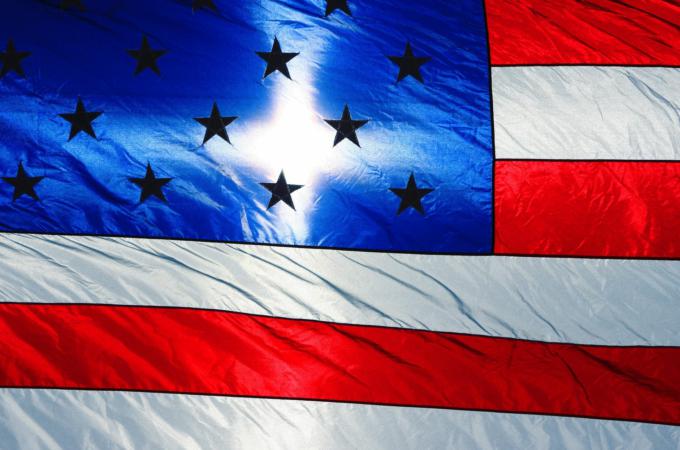A Hispanic cardinal question
A cursory look at the surnames and biographies of current U.S. cardinals, active and retired, yields the following list (in alphabetical order): Burke, Cupich, DiNardo, Dolan, Farrell, Harvey, Levada, Mahony, Maida, McCarrick, O'Brien, O'Malley, Rigali, Stafford, Tobin and Wuerl.
What do they have in common? None of them is Hispanic. How many Hispanic cardinals has the Catholic Church in the U.S. ever had? Zero! In many respects, cardinals serve as the public face of local Catholic communities and play an important role in conversations of global character regarding church affairs. This is evident when they advise the pope and through their service affect the lives of Catholics everywhere. Their global impact is most evident at the time of papal elections.
If cardinals are de facto visible signs of a local church on the global stage, it is likely that for most of the 1.2 billion Catholics outside the United States being Hispanic has little to do with being American Catholic. There is no obvious connection. In a country where more than 40 percent of all Catholics and 60 percent of Catholics under the age of 18 are Hispanic, it seems suitable to ask, When will the church in the United States have its first Hispanic cardinal?
Before objecting to the question, allow me to make three clarifying points.
One, I am aware that the Code of Canon Law stipulates that the pope is the one who "freely selects men to be promoted as cardinals" (Canon 351). I am sure that the pope makes these decisions in prayerful discernment followed by careful advice. Considering who we are as a Catholic body, more intentional conversations at the appropriate level about Hispanic candidates seem necessary.
Two, it is clear that ethnicity/race and culture are not formal requirements to identify cardinals. Current church law states that those selected are to be "ordained at least into the order of the presbyterate and are especially outstanding in doctrine, morals, piety and prudence in action" (Canon 351).
We need to trust that the Holy Spirit has given the church in the United States many Hispanics who fit this specific profile.
Three, I understand that the selection of cardinals has little to do with demographic representation. Pope Francis' actions in recent years, however, suggest a welcomed desire to diversify the college of cardinals worldwide to ensure a rich variety of voices from throughout the ecclesial world. This body could welcome the wisdom and experience of U.S. Hispanic voices.
Why ask the Hispanic cardinal question? For nearly 14 months, Catholics engaged in the process of the Fifth National Encuentro of Hispanic/Latino Ministry have been naming key concerns about their experience in church and society. Meaningful leadership is at the top of such concerns. A Hispanic cardinal or two -- why not? -- would embody the presence, contributions and hopes of the largest body transforming U.S. Catholicism. He (they) would have the potential to inspire more vocations to pastoral service at all levels in the life of the church with the conviction that Hispanics will excel in top level offices and responsibilities.
He (they) would bring their own U.S. Hispanic voice and that of the particular Hispanic Catholic family and faith community to serve the pope and the larger church throughout the world.
He (they) would embody the hope of a community that will see itself as a cradle nurturing leaders of such caliber and potentially -- why not? -- the next Latino pope. U.S. Catholics practically take for granted that our cardinals are Euro-American, white. It is time that we do likewise when speaking about a U.S. Hispanic or black or Asian-American cardinal.
- Hosffman Ospino is assistant professor of theology and religious education at Boston College's School of Theology and Ministry.



















